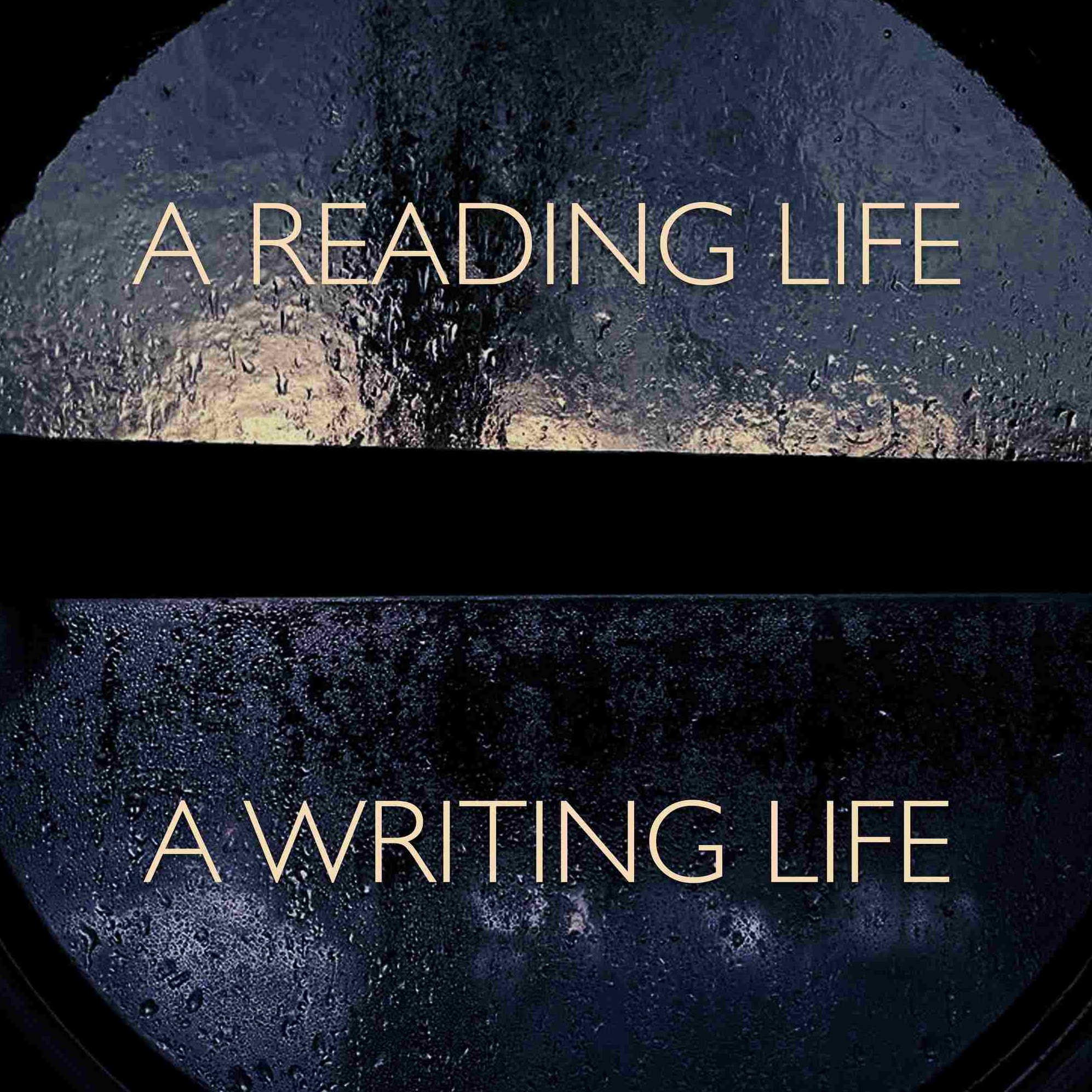

A Reading Life, A Writing Life, with Sally Bayley
Sally Bayley, Andrew Smith
Acclaimed writer Sally Bayley lives on a narrowboat, surrounded by the sights and sounds of nature, sustained by reading and writing. In this series, she invites us into her life, showing us how books have the power to change your life. Sally has recently been diagnosed with an auto-immune disease, but this is not a misery memoir podcast; she shows us how literature and connection to nature can console and give courage and insight. The series is produced by Andrew Smith, James Bowen, Lucie Richter-Mahr, and Dylan Gwalia.
To find out more about Sally please visit: https://sallybayley.com.
To find out more about Sally please visit: https://sallybayley.com.
Episodes
Mentioned books

Nov 8, 2023 • 28min
Wuthering Heights
‘Are you brave enough to follow me there?’
This week, Sally has been reading Emily Bronte’s 1847 novel, Wuthering Heights. Fixated on the dreams of its narrator, join her for her reflections on rage, the histories of homes and places, and the distracting intrusions of life into writing.
The beautiful piano music in the middle and closing sections is by Paul Clarke.
This episode was edited and produced by James Bowen.
Special thanks to Andrew Smith, Violet Henderson, Kris Dyer, and Maeve Magnus.

Nov 4, 2023 • 15min
Shoreham
Reflecting on J.M.W. Turner's painting Shoreham, Sally muses on the connection between art and life. She describes her sensory experience arriving in Shoreham, contemplates the tranquility depicted in the painting, and reflects on the lives of fishermen portrayed in the artwork.

Nov 2, 2023 • 33min
Searching for Verity
The podcast explores the concept of place through Wilkie Collins' novel The Moonstone, reflecting on the moon as a symbol of femininity. The speaker discusses their new book and teaching a course on detective fiction. They reflect on the warm October weather, search for lost audio equipment, and their opposition to data collection. The speaker contemplates the weather, nature, and characters, and reflects on the search for truth and mystery in their novel, 'The Green Lady'.

Oct 28, 2023 • 11min
Sea of Troubles
The podcast discusses a cinematic adaptation of Hamlet called Sea of Troubles, exploring the choreography, interpretation, and prayer involved. The speaker shares their emotional response to the film and highlights the portrayal of sad clowns and the painful struggle of Hamlet. They also describe the beauty and tragedy in a 16th-century mansion and a haunting garden scene. The chapter concludes with a funeral service where mourners appear as statues and the narrator can hear their trapped screams.

Oct 25, 2023 • 31min
Finding Your Part
Reflecting on a photograph of her foster grandmother in a Shakespearean costume, the speaker contemplates the character she is playing and reflects on their own experiences with Shakespeare. They explore themes of friendship, melancholy, and marriage in Shakespeare's works. The chapter also delves into the character of J. Quiz and explores the multifaceted nature of scorn in Shakespearean speeches.

Oct 21, 2023 • 13min
The Red Poppy
Louise Glück's unique style and themes, pain as a form of beauty, emotions evoked by sunlight, joy of carefree adventures, absorbing people's histories, being feeling-driven, reflections on glory and identity, severity and philosophy in Glück's poetry.

Oct 18, 2023 • 33min
Peter Pan
Sally and her neighbour discuss tree spirits and magical bracelets. She settles down to read Peter Pan and reflects on clouds and feelings. The chapter explores musings on being a cat, belief in spirits, and analysis of Tinkerbell. They discuss melancholy feelings brought on by rain and share a personal anecdote about J.M. Barry. The speaker explores the connection between J.M. Barry, Tinkerbell, and Kensington Gardens. Reflecting on childhood experiences and lessons of Peter Pan, the speaker recalls dancing with a girl named Wendy and compares it to a young girl embracing growing up.

Oct 12, 2023 • 12min
Bonus Episode: The Lady Stalker
Follow Sally on an adventure of mistaken identity, Marmite ice cream, and being falsely accused of being the lady stalker. Hear about her scooter adventure in Oxford and learn about her notorious reputation for stalking college principals. Discover the intriguing connection between a college porter and a high-ranking member of the constabulary.

Oct 11, 2023 • 34min
Daniel Martin
The podcast explores the writer's public and private selves, anonymity, and the nature of plot. It reflects on the themes of film production, scandals, and the consequences of trust and love. The chapter also explores cultural change, nostalgia, and the disconnect between the past and present. Additionally, it delves into the unpredictable nature of life and its interruptions, and introduces a captivating character named Andrea.

Oct 4, 2023 • 18min
Miss Cull
This podcast explores the character of Miss Cull and how everyday objects shape her. The speaker discusses mourning, writing short stories, and the presence of Miss Cull on a green ice lake. They reflect on her complex nature, childhood memories, and viewing the world as animate.


